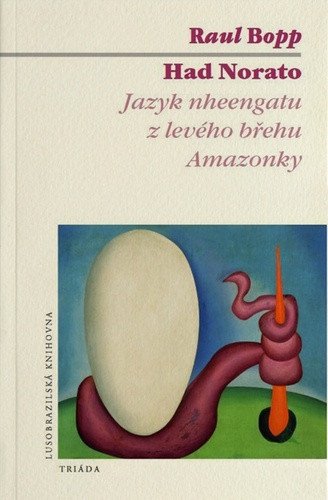Description
The lyrical-epic poem Had Norato (1931) is, along with Macunaíma by Mário de Andrade, the most significant product of the so-called anthropophagist movement (movimento antropófago) of Brazilian modernism. This movement aligned itself with European avant-gardes that discovered a kinship between modern art and the primitive art of non-European indigenous peoples. Writers associated with the movement found that colonial administration and later art that cultivated European tradition suppressed and transformed the thinking and culture of Brazilian Indians to fit the idea of the noble savage. In contrast, modernists present the savage as evil, who ritually consumes his enemies and grows stronger from their nutrients. The anthropophagist movement works with this idea and elevates it to a cultural principle, whereby Brazilian culture nourishes itself on European culture but transforms it in a completely unique way. Had Norato (33 poems, 818 verses) is based on the Amazonian myth/legend of the serpent Norato, the descendant of an Indian woman and a river dolphin. Norato lives, like his twin sister, at the bottom of the river, but unlike her, he has good relations with the coastal inhabitants. At certain moments, he takes on human form, visits his mother, attends parties, and dreams of one day completely transforming into a human. Thanks to...
Information
Author: Bopp Raul
Publication date: May 2, 2023
Manufacturer: Nakladatelství Triáda, s.r.o.
Genres: Books, Poetry and verse, Fiction
Type: Books - paperback
Pages: 181
ISBN/EAN: 9788074744150

